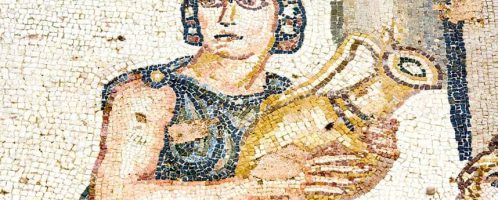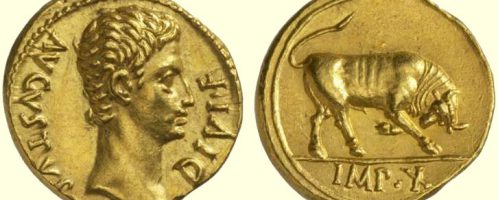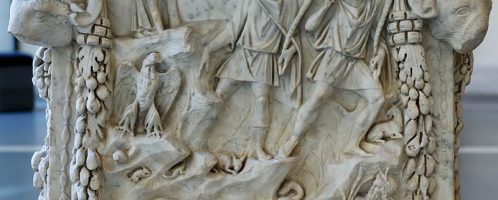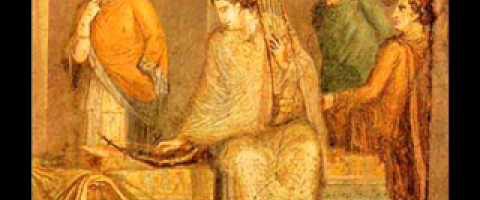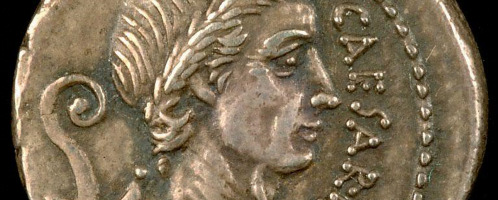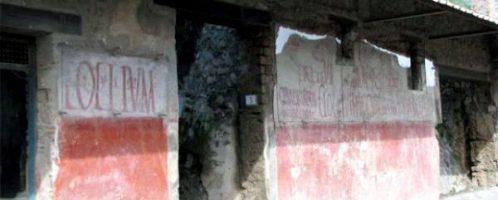How did ancient Romans lose weight?
Many people ask themselves how to lose weight in an easy and fun way. The answer to this question is not easy. As it turns out, people in ancient times had similar problems. Let us ask ourselves: how did the ancient Romans lose weight?


